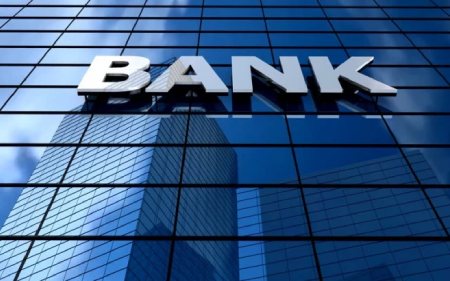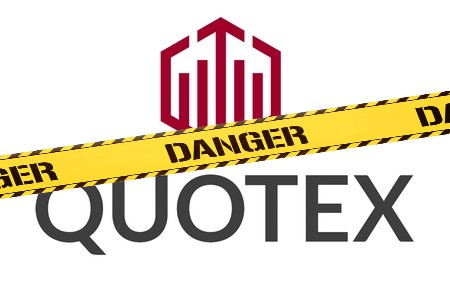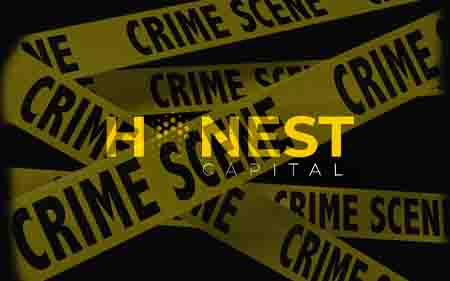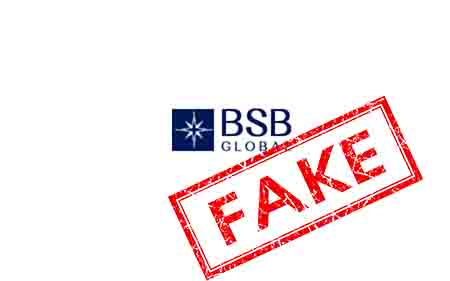Choosing a bank abroad: Everything you need to know
 Julius Conley
17 / May / 24
Visitors: 256
Julius Conley
17 / May / 24
Visitors: 256
Living abroad is an exciting adventure, but it also comes with a number of tasks that need to be taken care of.
One of the most important is choosing the right bank. What do you need to know to make the right choice?
Low or no fees
No one welcomes extra fees, and understandably so. Whether it's transaction fees, transfer fees, withdrawal fees, or even top-up fees, banks sometimes charge unpleasant extra fees. Many banks charge transaction fees for overseas transactions, which can be inconvenient, especially if you're just starting a new life abroad.
That's why it's important to choose a bank with low or no fees for international transactions. For example, if you are moving from the U.S. to Portugal, you will have to work with both U.S. dollars and euros.
You are looking to keep as much of your money as possible, so minimal or no fees are a priority.
International access
Having a US bank account with lots of benefits and savings schemes is great, but if you, as an expat, have limited international access to that account, it becomes useless.
If your bank restricts access to the account in certain countries or only provides certain services in person, it's not suitable for living abroad.
Also look out for banks that have special ATMs that are available to customers for free. Some banks only provide free withdrawals in certain countries or cities, so be vigilant.
Tax implications
Talking about taxes is no fun, but when discussing banking for expats, it's a must. Regardless of your location, you are required to file a tax return every year. It's important to be able to do this without incurring additional fees.
Another important consideration is that many countries that are attractive to expats offer tax preferences. Portugal and Georgia, for example, have programs for new residents. However, there are many conditions, including the requirement to open a resident account. For example, a US bank account with a US address may prevent expats from receiving tax benefits.
This is a complex area, so it is advisable to consult a tax advisor before relocating or choosing a financial institution.
Worldwide customer service
It is frustrating to realize that a bank's hotline is only available at certain times. It's important that customer support is available when you need it - whether you've lost a card, suspect fraud or need to confirm financial details for a visa.
Time zones can create problems if customer support doesn't work at your time. The best solution is to choose a bank with 24/7 support, ensuring answers are available no matter where you are in the world.
Online access
While most banks have online access and apps, you need to make sure their online banking is comprehensive enough because once you're out of the country, you won't be able to walk into a local branch to fill out a form or get a special paper.
Personally, I keep apps on my phone for all the different cards, banks, savings accounts, and investments (under multiple layers of protection, of course).
Not only does this help me keep track of my financial situation with budgeting tools and reminders, but it also allows me to see daily exchange rates, move money with one click, and even freeze my physical card if I lose it or it gets stolen.
I hope this information helps you make the right choice and simplifies your life abroad.
We have compiled a list of brokers, that we recommend avoiding.







